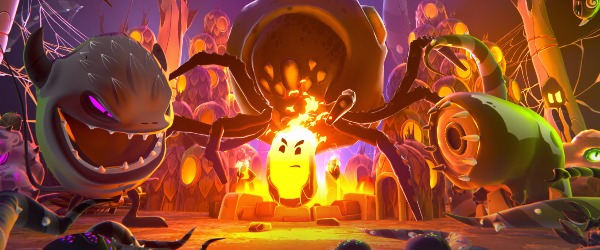
Study into Online Gaming Reinforces What we all Suspected - News
by Karl Koebke , posted on 09 January 2014 / 2,997 ViewsEver played a Massively Multiplayer Online Game and thought to yourself "why are people such dicks on the internet?" I could meet a random room of people in person a thousand times over and still never find the same level of asshole as can be regularly found on the internet. If you've thought about it for any amount of time you've probably come to the conclusion that anonymity on the internet just brings the douche out of people. This probably won't surprise any in the scientific fields, but there are actually sociological studies on this particular phenomenon.
A recent study, 'Group identification as a mediator of the effect of players’ anonymity on cheating in online games’, by Vivian Hsueh-Hua Chen and Yuehua Wu, Behaviour & Information Technology, published by Taylor & Francis has found that not only are people more likely to cheat at games when played anonymously but their behavior can be altered by the culture of the group of players they are playing with. Other conclusions include that while male gamers are more likely to cheat at gaming in general, female gamers were more likely to cheat due to the influence of the group of gamers they identify with.

I'm not well versed in these types of studies myself, but I'd be curious to know if anyone in the comments can give insight into the methods used here. I always view psychological studies done with self reporting as skeptical because I see no reason that subjects wouldn't simply lie to say what they thought the researcher wanted to hear. It's the same result as when my old high school did a "what should you be when you grow up" standardized test and I answered all the questions in a way that would make the conclusion come back as "you should be a scientist", because that's what I wanted to be at the time. Most of the questions used in such surveys seem so heavy handed that it's very easy to tell what the researchers are trying to get at. If anyone could give me some insight into how these factors are countered in most Psychological research I'd be interested to hear about it.
If you want to read more about this study you can find it here.






















 Essay Pro
Essay Pro